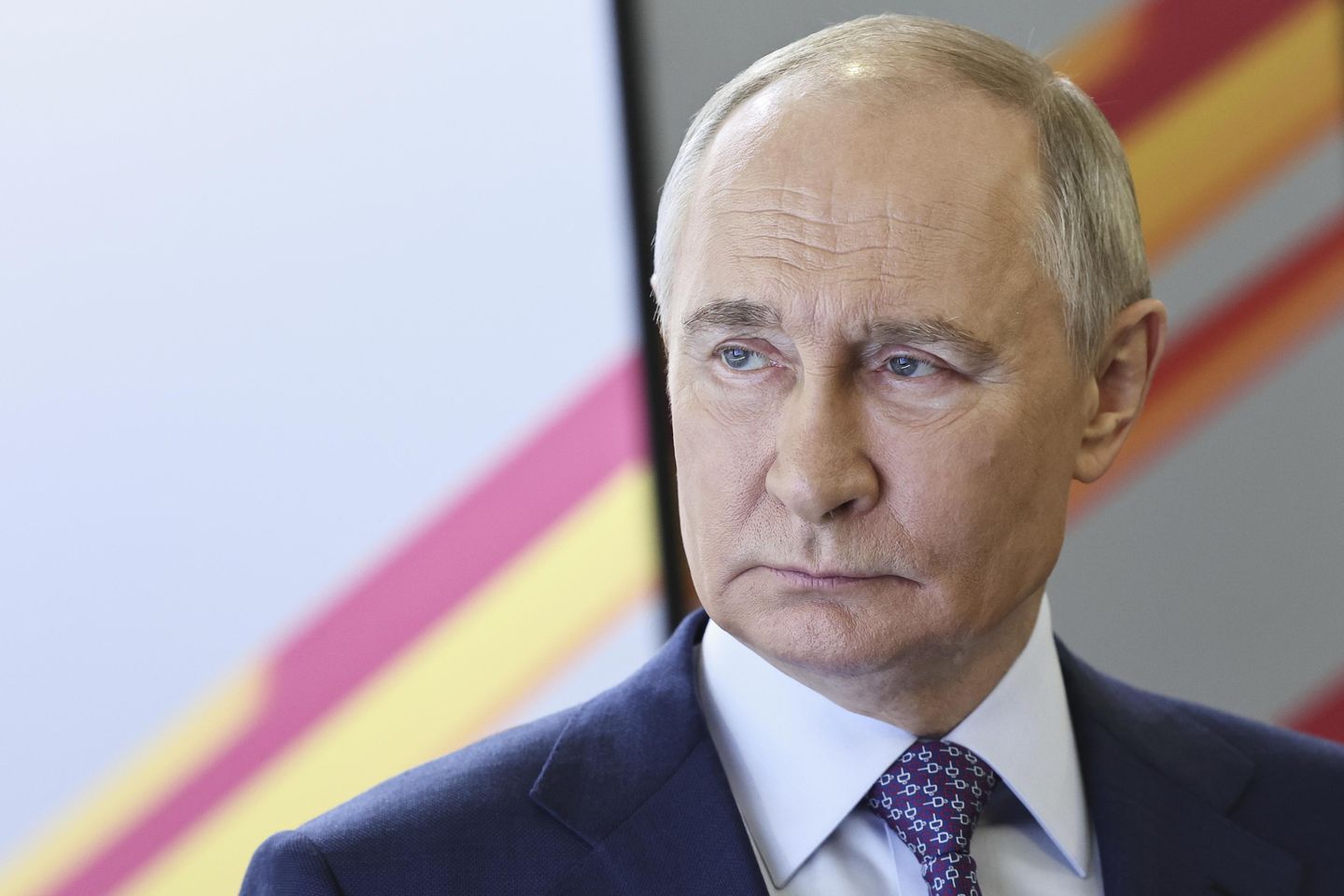
The trial of three German men accused of helping to plan bomb attacks on vital energy and military infrastructure on behalf of the Kremlin began this week, as European nations raise alarms about a rise in Russian sabotage plots across the continent.
The three men stood trial in Munich Tuesday, accused of transmitting sensitive information to Russian intelligence and planning to undermine Germany’s military support of Ukraine through bomb attacks.
Dieter S. led two other German citizens, Alex D. and Alexander J., in collecting information about a U.S. military base in Grafenwöhr and an oil refinery in Bavaria and transmitting it to Russian spies. The three men’s identities have been partially withheld in accordance with German privacy laws.
All three men have denied correspondence with Russian intelligence officials.
According to prosecutors, Dieter S. first made contact with Kremlin intelligence when he was fighting alongside pro-Russian separatists in the Donetsk People’s Republic. While he had allegedly been an active fighter with the separatists since 2014, he first made contact with Russian officials in 2023, discussing possible sabotage operations and exchanging sensitive information.
Prosecutors then allege he traveled back to Germany in early 2024 and began working with Alex D. and Alexander J. The alleged spies were then arrested in April 2024.
Prosecutors allege he then traveled back to Germany in early 2024 and began working with Alex D. and Alexander J. The alleged spies were then arrested in April 2024.
The trial comes as European investigators sound the alarm on Russian intelligence infiltration into NATO countries. Late last year, EU officials said Russian spies may have planted several explosive packages inside DHL facilities in the U.K., Poland and Germany.
Western intelligence officials also announced last year that they had uncovered a plot to assassinate Armin Papperger, the CEO of German defense manufacturer Rheinmetall.
Last week, three Ukrainian nationals were arrested in Germany and Switzerland and accused of planning to plant bombs on transport vehicles bound for Ukraine. Investigators said they were planning to plant explosive devices in parcels that would explode while in transit.
Since Russia invaded Ukraine in early 2022, Western officials say the Kremlin has conducted a series of coordinated disruptive operations in countries allied with Kyiv. In addition to more explicit bombing plots, NATO officials say the Kremlin’s campaign includes subtle attacks aimed at undermining political support for Ukraine within European countries.
In one example, noted in an extensive investigation published by the Associated Press last month, a fake French Defense Ministry website was set up claiming that French citizens were being called up to fight in Ukraine. French defense officials quickly took down the site and accused Russia of setting it up.
Eastern European nations like Estonia, Latvia, Finland and Poland have also accused Russia of overwhelming their immigration officials by directing migrants to their borders.
Poland’s Prime Minister Donald Tusk announced this month his country would shutter its Russian embassy after investigators discovered the Kremlin was behind an arson attack at one of Poland’s largest shopping centers.













